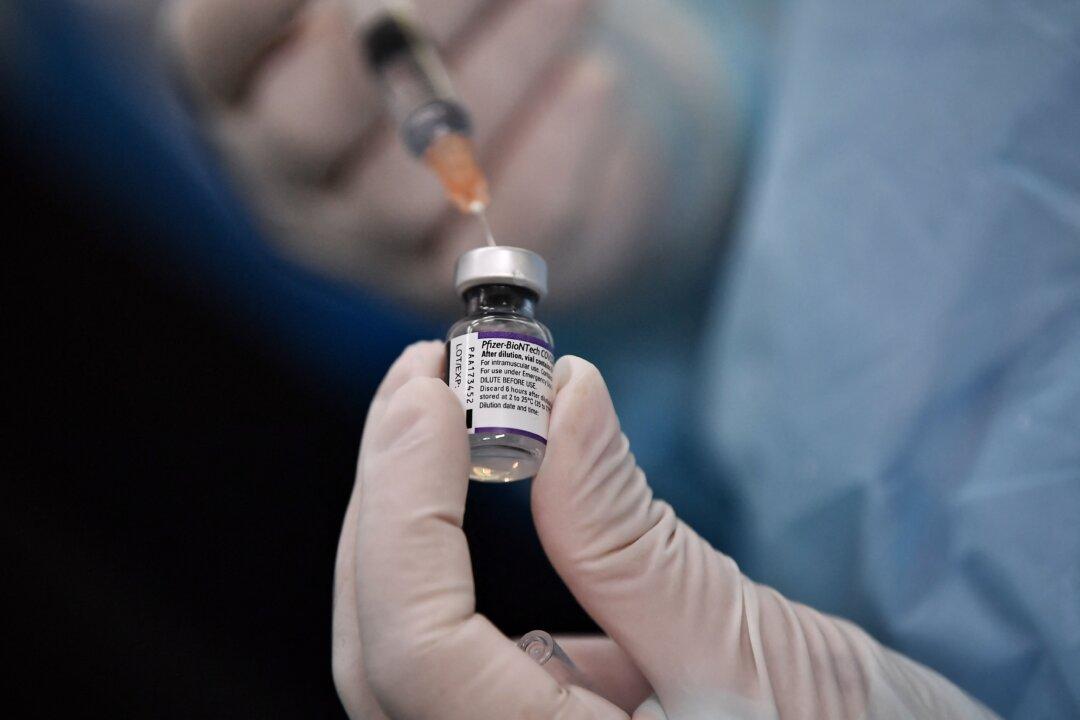Nearly 3 in 10 children who received Pfizer’s COVID-19 vaccine experienced heart effects afterward, according to a new study.
Researchers studied 301 students across two schools in Thailand. The students were aged 13 to 18 and had received a dose of Pfizer’s vaccine without a serious adverse event. Most had no underlying disease, while 44 had conditions such as asthma and allergic rhinitis.





